Gardening in Melville: Your Comprehensive Guide to a Thriving Green Space
Introduction to Gardening in Melville
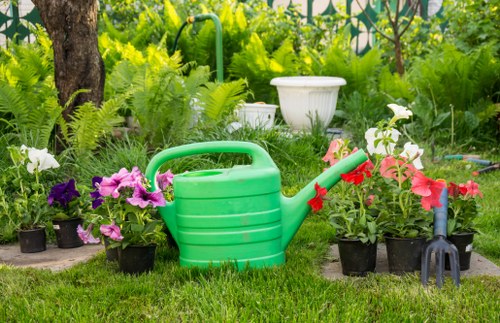
Gardening in Melville offers a unique blend of opportunities and challenges for both novice and experienced gardeners. The climate, soil conditions, and local flora all play a crucial role in the success of your garden. Whether you're looking to cultivate a vibrant flower bed, grow your own vegetables, or create a serene landscape, Melville provides the perfect setting.
Understanding the local climate is essential for selecting the right plants that will thrive in the Melville area. With its moderate temperatures and varying rainfall patterns, choosing plants that are resilient and well-suited to these conditions can make all the difference.
Soil quality is another critical factor to consider. Conducting a soil test can help determine the pH level and nutrient content, allowing you to amend the soil as necessary to create an optimal growing environment for your plants.
Choosing the Right Plants for Your Melville Garden
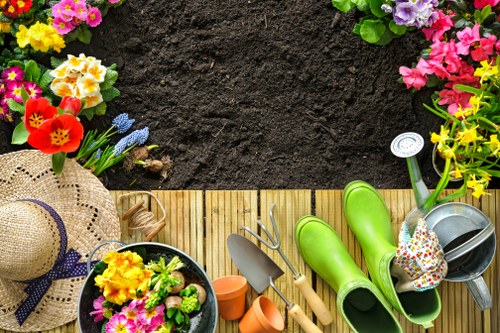
When selecting plants for your garden in Melville, it's important to consider both aesthetic appeal and practicality. Native plants are often the best choice, as they are adapted to the local climate and soil conditions, requiring less maintenance and water.
Consider incorporating a mix of perennials and annuals to ensure your garden has continuous blooms throughout the seasons. Perennials provide long-lasting structure and color, while annuals offer vibrant, seasonal displays.
Drought-tolerant plants are particularly beneficial in areas of Melville that experience periods of low rainfall. These plants not only conserve water but also reduce the need for frequent irrigation, making them a sustainable choice for your garden.
Soil Preparation and Maintenance
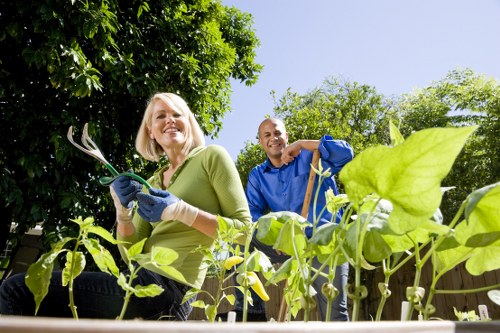
Proper soil preparation is the foundation of a healthy garden. Begin by tilling the soil to a depth of at least 12 inches to loosen compacted earth and improve aeration. Incorporate organic matter such as compost or well-rotted manure to enhance soil fertility and structure.
Regular soil testing helps monitor nutrient levels and pH, allowing you to make informed decisions about fertilization and amendments. Mulching is also an effective practice, as it helps retain moisture, suppress weeds, and regulate soil temperature.
Implementing a rotation system for your plants can prevent soil depletion and reduce the risk of pests and diseases. By alternating the types of plants grown in each section of your garden, you promote a balanced ecosystem and maintain soil health.
Watering Strategies for Melville Gardens
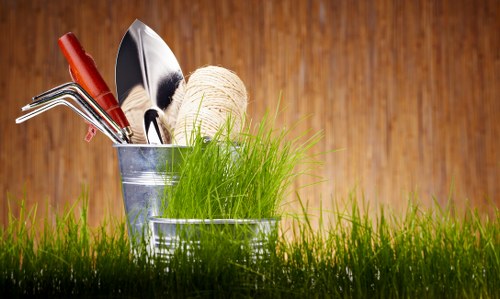
Efficient watering is key to maintaining a thriving garden in Melville. Drip irrigation systems are highly recommended as they deliver water directly to the plant roots, minimizing evaporation and runoff. This method ensures that each plant receives the appropriate amount of moisture without overwatering.
Timing your irrigation to the early morning or late evening helps reduce water loss due to evaporation and allows plants to absorb moisture more effectively. Additionally, using rain barrels to collect and store rainwater can provide a sustainable water source for your garden.
Implementing a rain gauge can help you monitor precipitation levels and adjust your watering schedule accordingly. By aligning your irrigation practices with natural rainfall patterns, you can conserve water and promote a healthier garden.
Pest and Disease Management
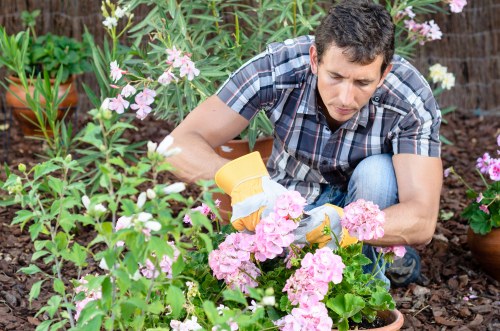
Maintaining a pest-free garden requires proactive measures and vigilant monitoring. Integrated pest management (IPM) is an effective approach that combines biological, cultural, and chemical practices to control pests while minimizing environmental impact.
Encouraging beneficial insects, such as ladybugs and lacewings, can naturally reduce pest populations. Additionally, practicing good garden hygiene by removing debris and diseased plants helps prevent the spread of pests and diseases.
When necessary, use organic or least-toxic pesticides to manage pest issues, ensuring that you protect both your plants and the surrounding ecosystem.
Best Times to Plant in Melville
Spring Planting
Spring is an ideal time to plant a variety of flowers, vegetables, and shrubs in Melville. The warming temperatures and increased daylight hours provide optimal conditions for seed germination and plant growth.
Summer Planting
While summer can be more challenging due to higher temperatures, selecting heat-tolerant plants and implementing efficient watering strategies can help your garden thrive during the warmer months.
Fall and Winter Planting
Fall is a great time to plant trees and perennials, allowing them to establish roots before the winter months. Winter gardening focuses on protecting sensitive plants and preparing your garden for the upcoming growing season.
Gardening Services in Melville and Nearby Areas
Whether you're an experienced gardener or just starting out, professional gardening services in Melville and the surrounding regions can help you achieve your gardening goals. From landscape design to routine maintenance, these experts provide valuable assistance tailored to your specific needs.
Local gardening services understand the unique challenges and opportunities presented by the Melville climate and soil, ensuring that your garden remains healthy and beautiful throughout the year. Don't hesitate to contact us today to enhance your outdoor space.
